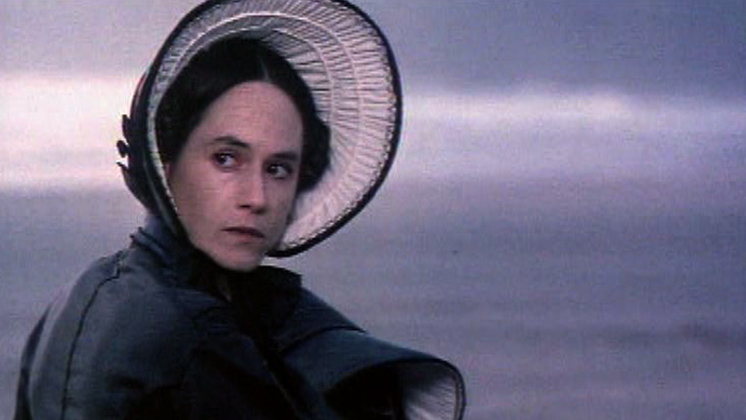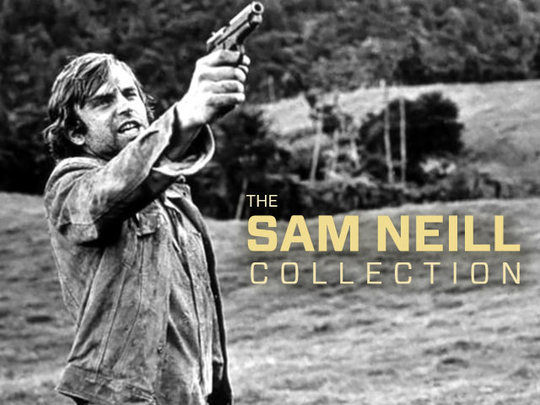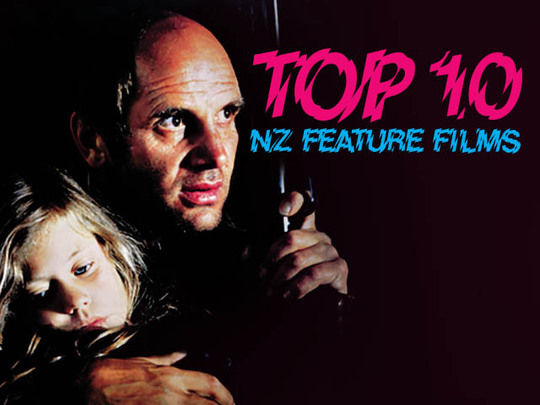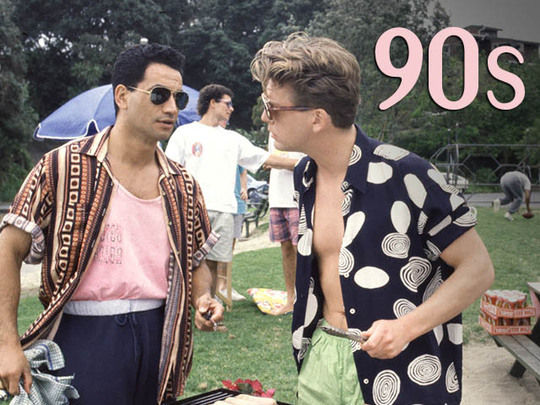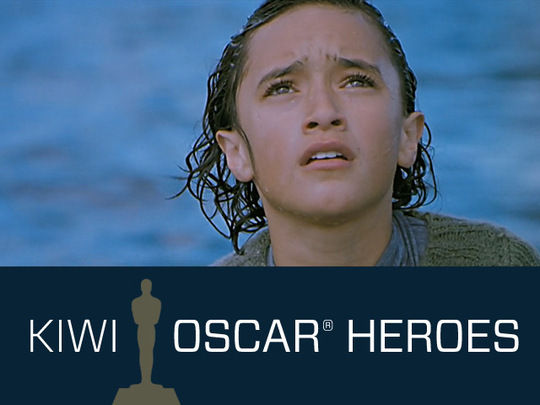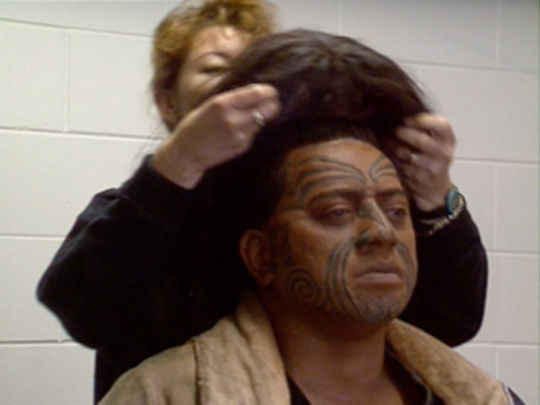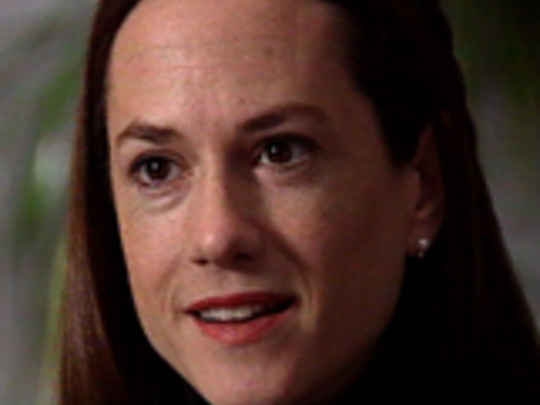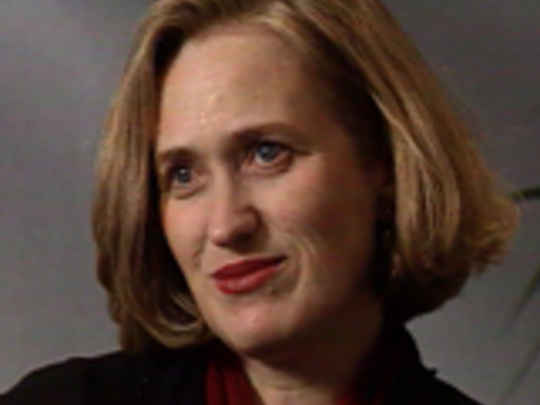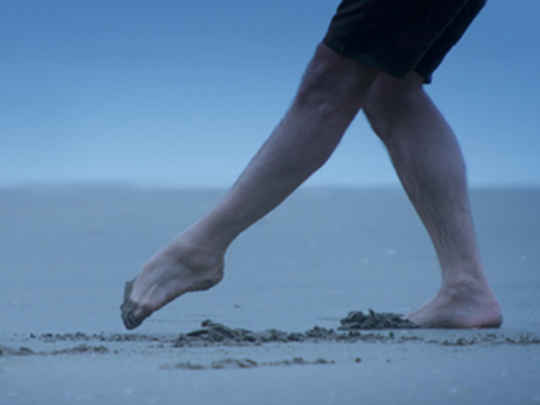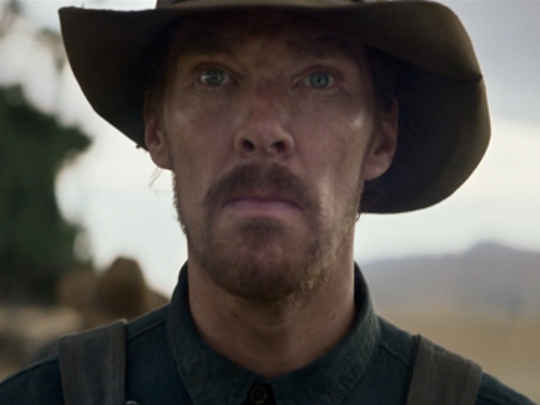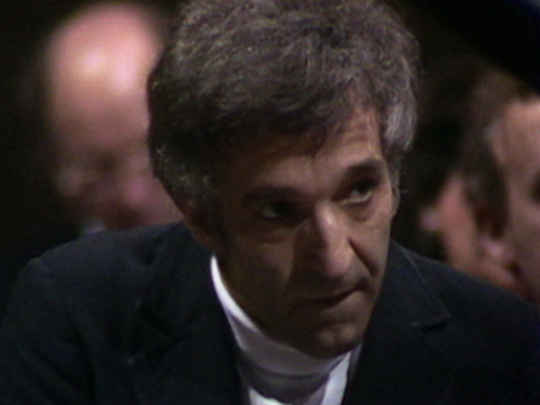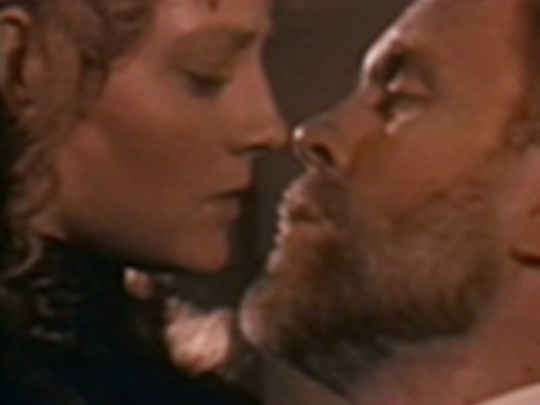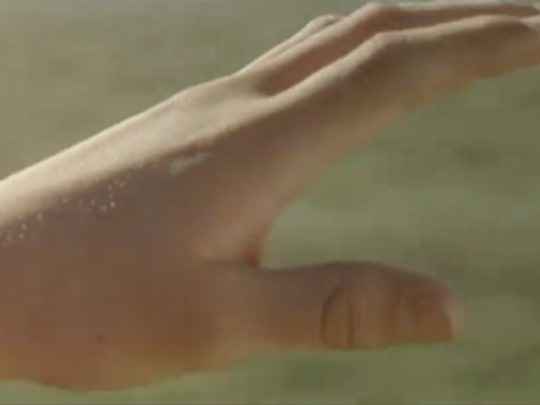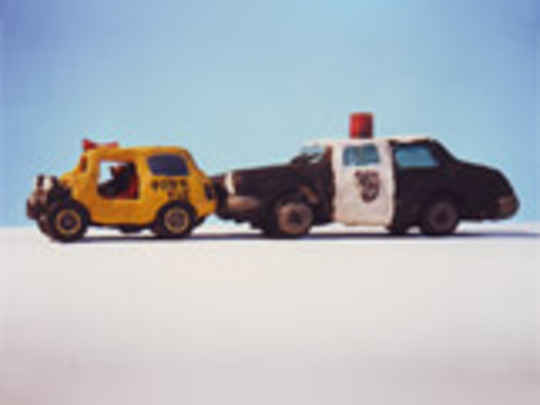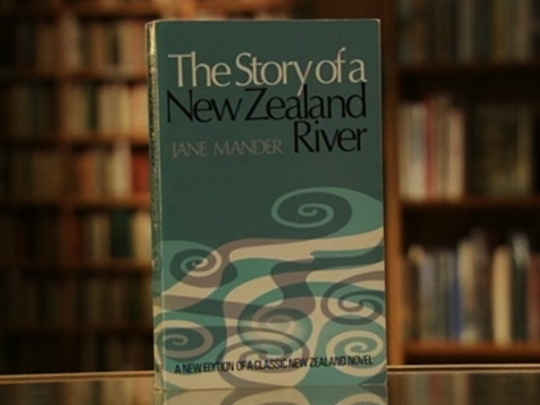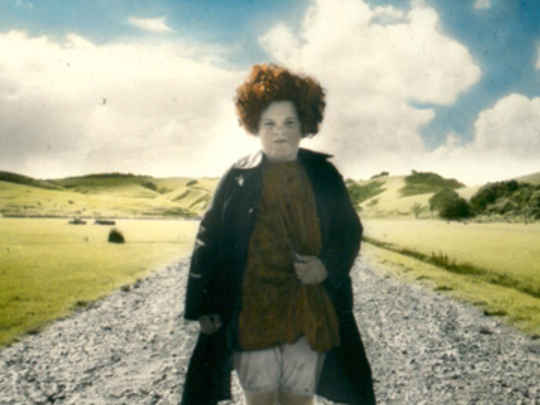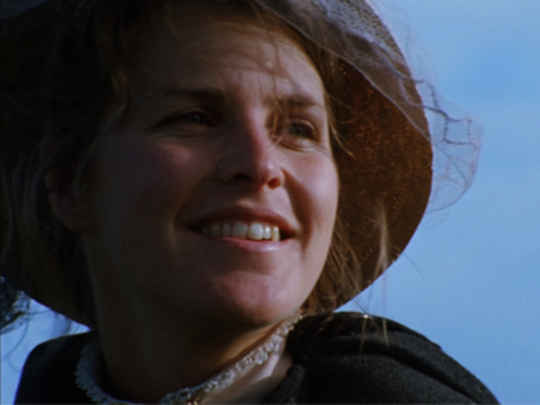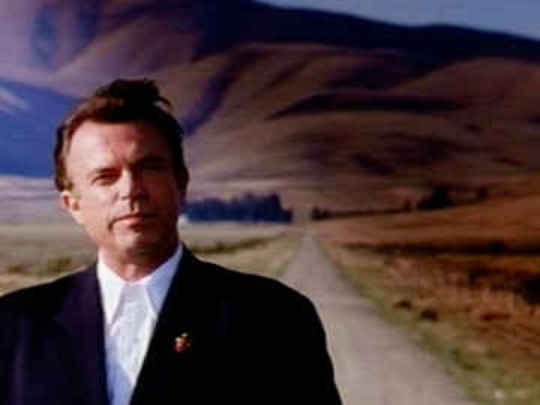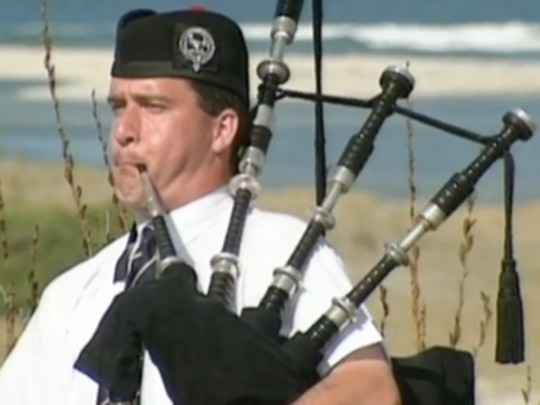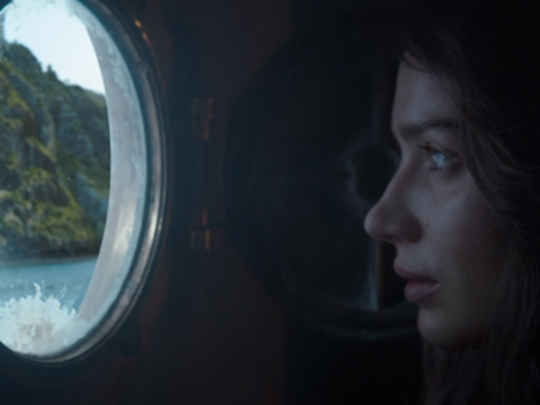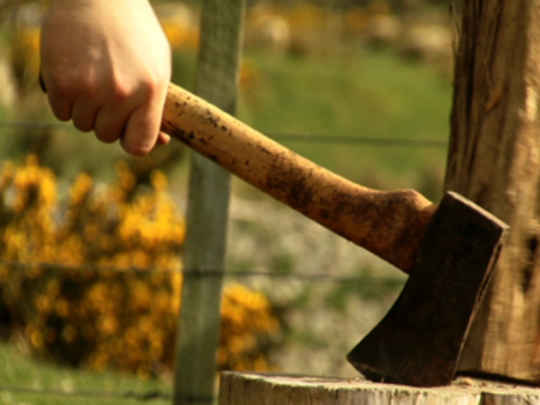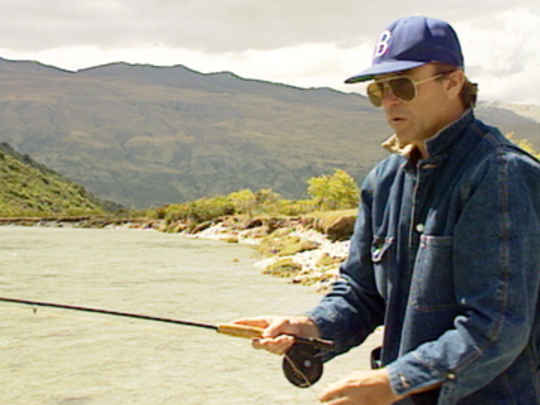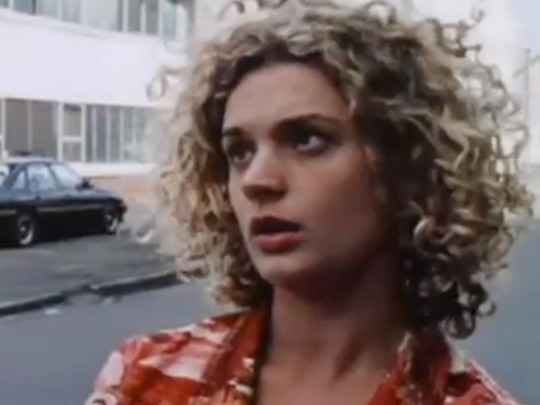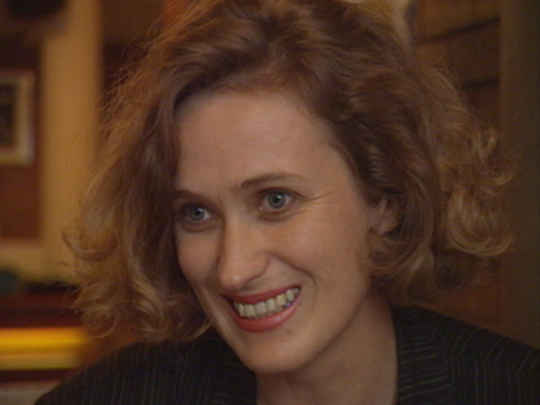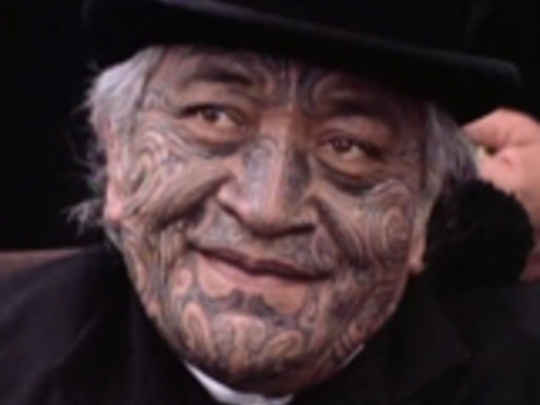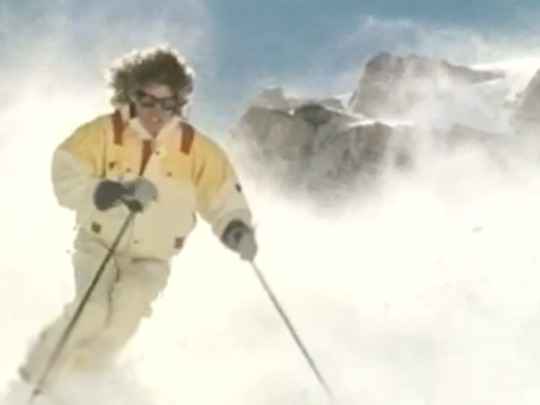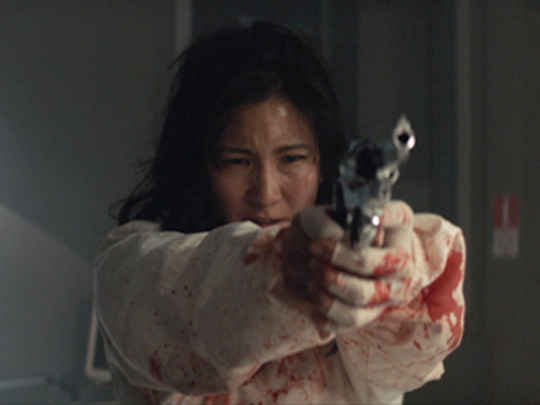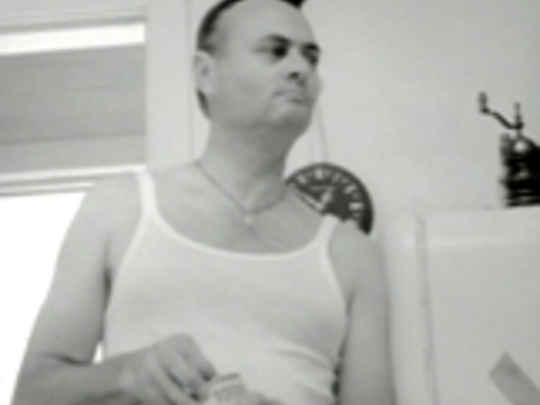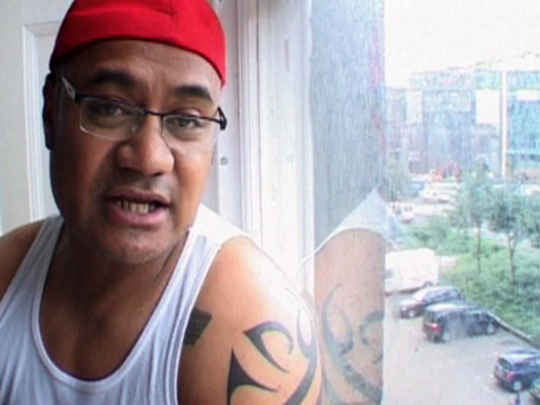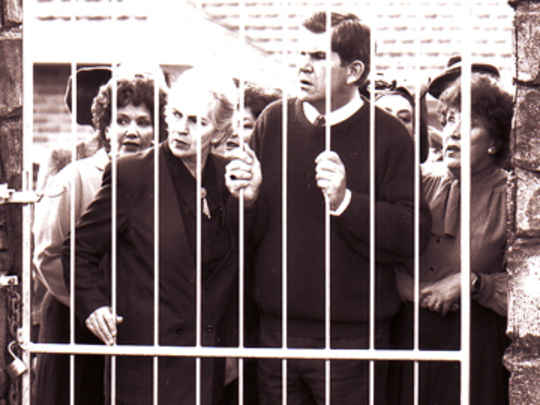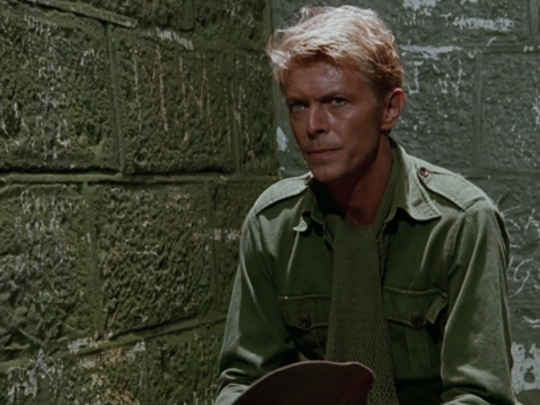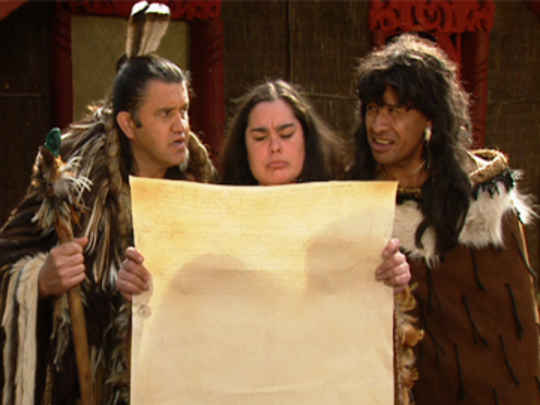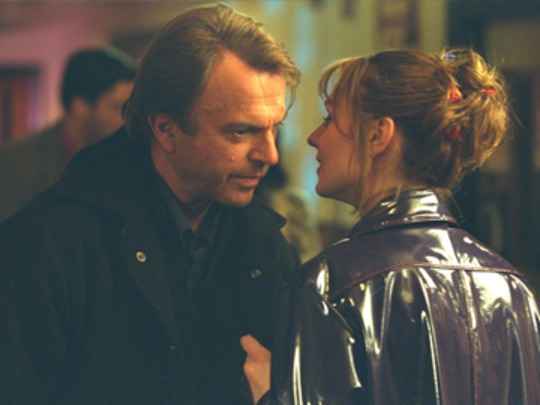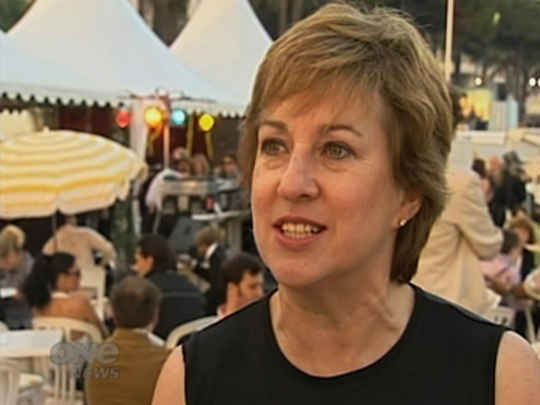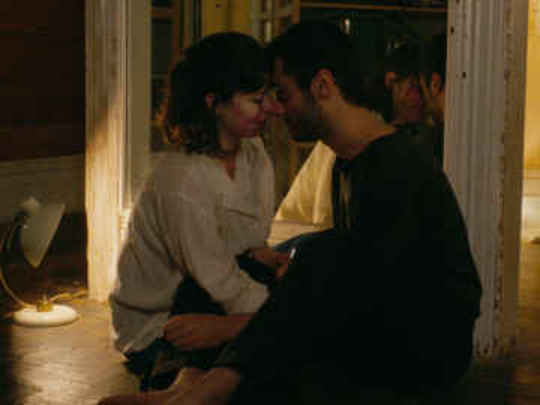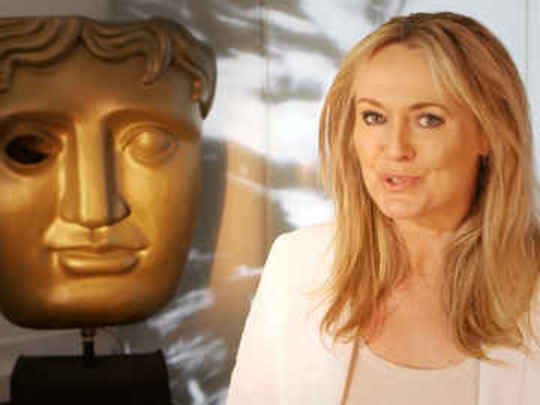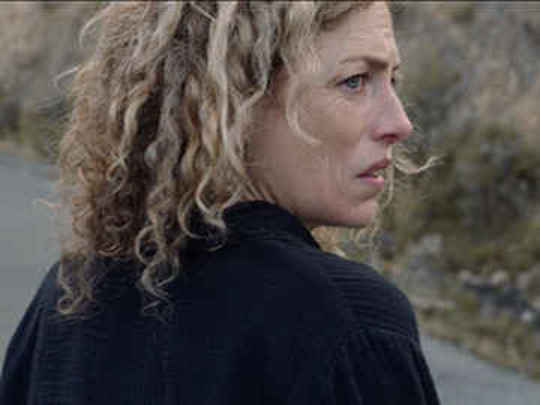The Piano
Film (Trailer and Excerpts) – 1993
[Jane Campion] takes the breath away not by conventionally spectacular effects, but by the simple audacity of her choices about where to put the camera and what to show.– Critic Vincent Canby in The New York Times, 16 October 1993
Great art is both immediately accessible and eternally elusive, having at its centre a powerful simplicity that speaks to anyone who cares to listen, that rewards every interpretation while embracing none. The Piano is great art.– Critic Rick Groen in Toronto's Globe and Mail, 1993
I was looking for a story which would give me some devices that I could use. I thought of the film working in a kind of gothic, romantic genre — which my spirit just loves. And when you're trying to tell a romantic gothic story, you try to put situations in their most extreme form. So I thought, what if she doesn't speak? She doesn't speak and so the piano is going to be so important to her. She must have it in order to live. That would mean she'd do a lot more — she'd do anything to get it back.– Writer/director Jane Campion, on creating a character who does not speak, Roger Ebert website, 4 November 1993
With its breathtaking visual style and careful attention to sound and movement, the movie provokes contemplation about the ways people communicate — through words, through music, through sex, and, most significantly, through touch.– Critic Julie Salamon in The Wall Street Journal, 14 December 1993
I was brought up in the minimalist school, thinking you don't wear your heart on your sleeve ... The Piano expanded my repertoire. I have become much more spontaneous. All my subsequent soundtracks have been informed by the lyricism the film opened up in me. I might never have found it otherwise.– English composer Michael Nyman, in The Guardian, 30 July 2012
